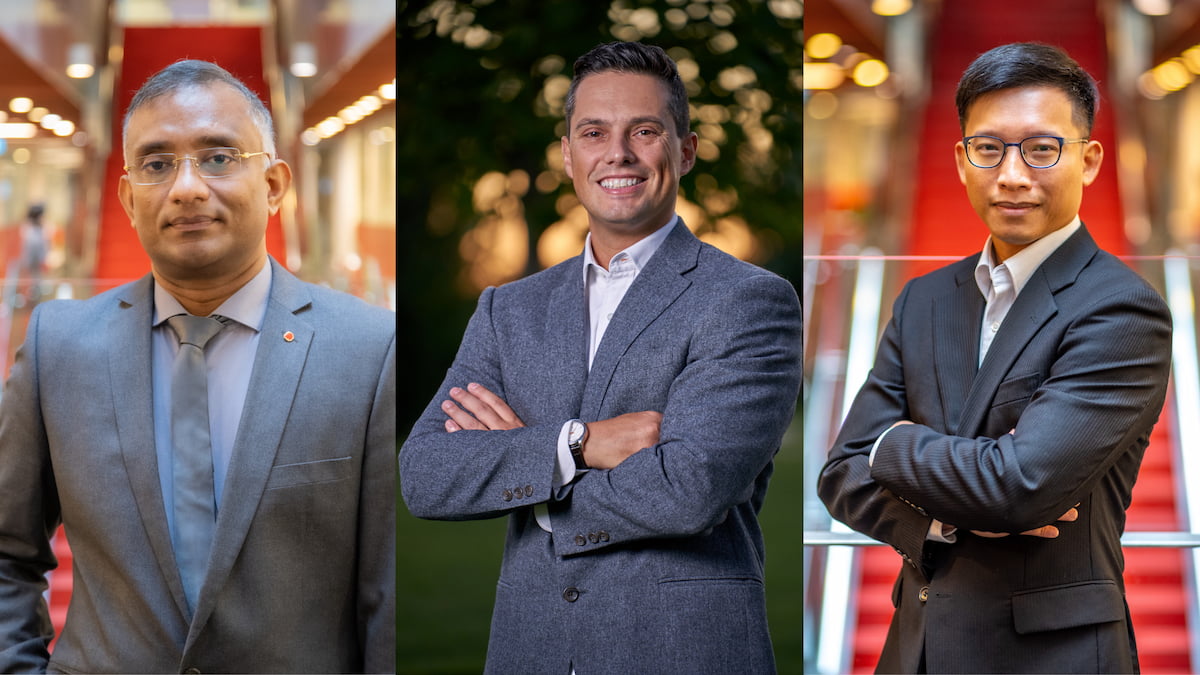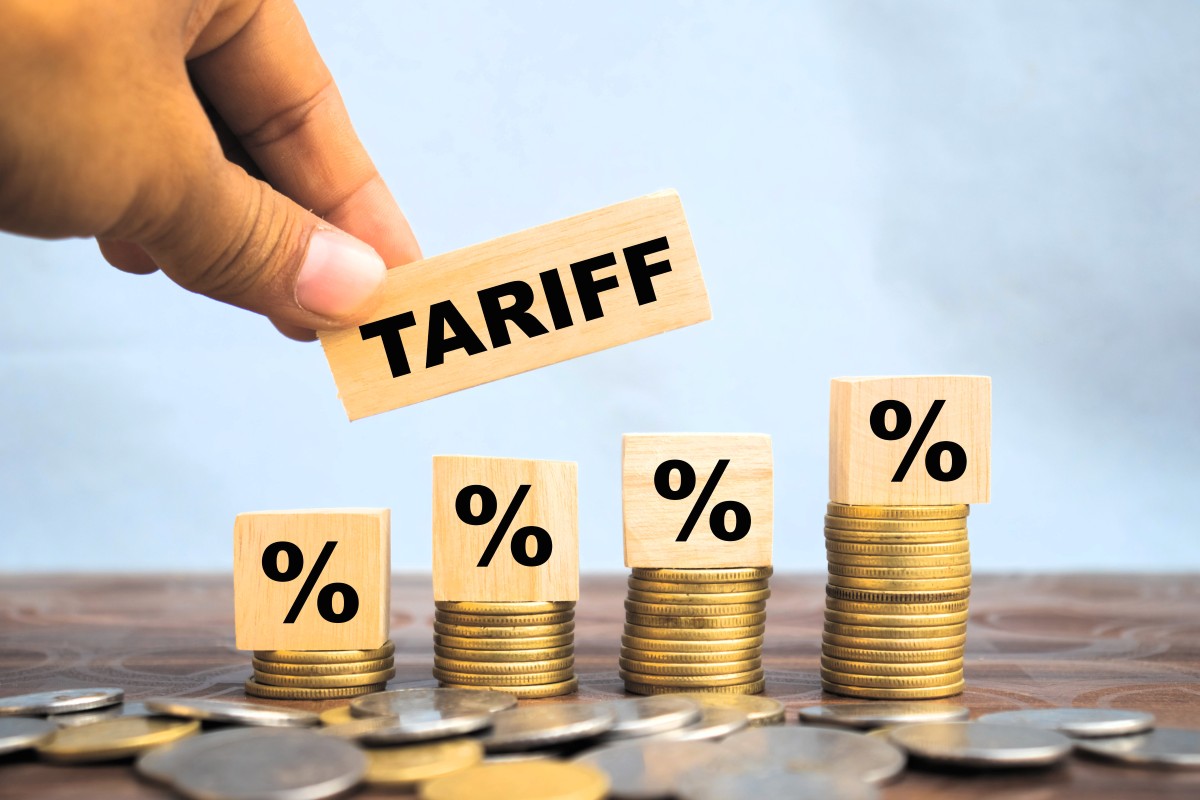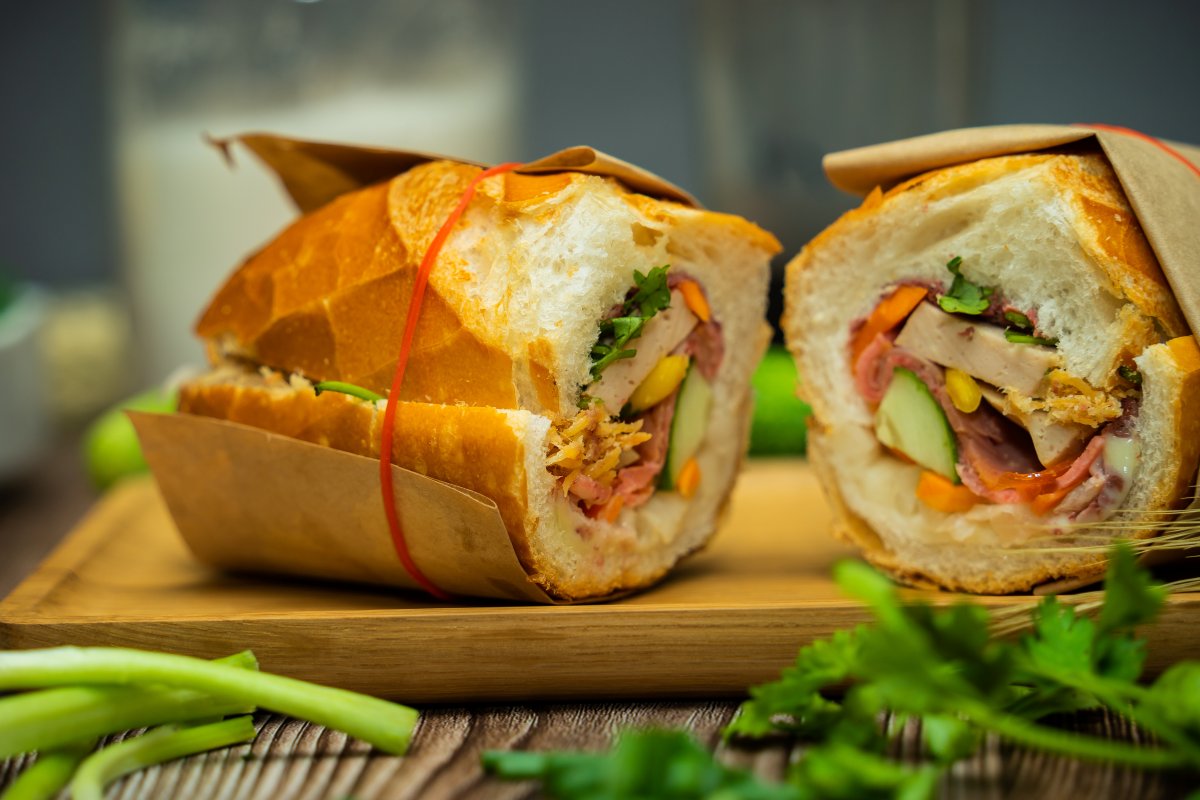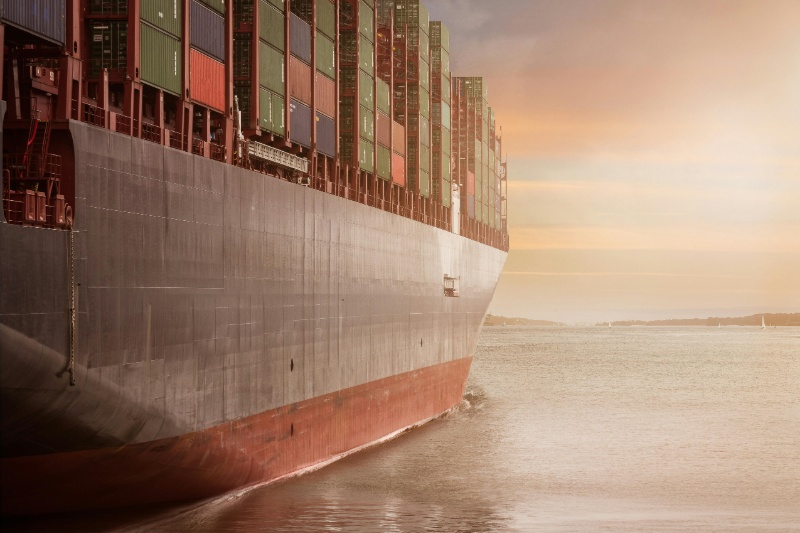Dr Majo George, Senior Lecturer from the Logistics and Supply Chain Management program in The Business School, RMIT Vietnam, applauded the initiative.
“Introducing high-speed boats as part of a water metro system and extending water transport for cargo will transform the city's transport dynamics and economic landscape”, he said.
The potential economic benefits of this innovative transportation method are considerable. HCMC can lower business logistical expenses and alleviate transport congestion by shifting a significant portion of commuter and container transportation from roads to waterways. This shift also reduces the likelihood of passengers missing their flights due to traffic jams, enhancing the efficiency of the airport and the city’s overall transportation network.
Beyond passenger transportation purposes, this initiative also benefits ship freight. Using waterways for both passenger and cargo transport will maximise economic benefits and enhance the overall efficiency of the city's transportation network. According to a report by the World Bank, efficient logistics are seen as a key to Vietnam’s competitiveness in the global market.
This initiative faces challenges such as high infrastructure costs and operational risks due to weather conditions. Implementing high-speed boat services requires meticulous planning and significant investment in infrastructure, including docking facilities and navigational safety measures.
Dr George noted that securing funding for this ambitious project will require a multifaceted approach, leveraging various investment sources. Potential funding avenues include Foreign Direct Investment (FDI), which can bring substantial capital and international expertise; Build-Transfer-Operate (BTO) models, allowing private investors to finance, construct, and operate the infrastructure before transferring ownership to the government; and Public-Private Partnerships (PPP), combining private investment and operational expertise with government regulatory support. Additionally, seeking assistance from foreign governments and international agencies, such as the World Bank or the Asian Development Bank, can provide financial aid and technical support through grants, loans, or expertise.
Dr Nuno Ribeiro, Senior Lecturer from the Tourism and Hospitality Management program in The Business School, RMIT Vietnam and Vice-Chairman of the Vietnam EuroCham Tourism and Hospitality Sector Committee, said there are advantages of a waterway connection to Long Thanh airport from a tourist development perspective. Similar initiatives have been implemented successfully in other destinations situated near waterways such as Bangkok and Siam Reap (Thailand), Hong Kong, Kobe/Kansai (Japan), and Lofoten (Norway).
“Given the growth projections for tourism in the coming years for Vietnam, I applaud this initiative. High-speed boats will provide an efficient alternative to the city's congested roads for incoming airport passengers and will allow quick transit to several destinations in the city, such as District 1, 4 or 2. Enhanced accessibility to key tourist attractions will offer visitors more convenience, boosting tourism satisfaction levels,” said Dr Ribeiro.
Fast, comfortable, and reliable transportation is indispensable for the success of Vietnam’s tourism sector. According to research, the interconnectedness between transport and tourism is one of the more important relationships in the tourism system.
High-speed boats emit fewer pollutants per passenger mile compared to buses and taxis, helping to reduce the city's carbon footprint, and addressing sustainable tourism development concerns. The scenic routes along HCMC's iconic river and affluent areas offer recreational value, transforming commutes into picturesque voyages. This will contribute positively to the city’s destination image and increase its revisitation rate.
The technological aspects of this initiative should be carefully considered, said Associate Professor Dinh Ngoc Minh, Deputy Dean, Research and Innovation in the School of Science, Engineering & Technology, RMIT Vietnam.
“Implementing a high-speed water transport system between HCMC and Long Thanh airport requires integrating advanced technologies to ensure efficiency, convenience, and connectivity. Utilising smart card technology like Hong Kong’s Octopus card can significantly enhance the user experience and streamline operations,” he said.
Associate Professor Minh highlighted several advantages of smart card technology, including seamless connectivity, enhanced security, and effective data collection and management. Smart cards enable effortless travel across various transport modes, such as buses, trains, and boats, eliminating the need for multiple tickets and simplifying the passenger experience. They offer robust security features, including biometric authentication, to protect user data and reduce fraud risk. Additionally, smart cards collect valuable data on travel patterns and passenger preferences, which can be used to optimise routes, improve services, and boost operational efficiency.
Smart cards can also be used for retail payments, access to public facilities and tourism attractions, and other services. This versatility increases the card’s utility and encourages widespread adoption. Several cities worldwide, such as Hong Kong, Singapore, and London, have successfully implemented innovative card systems, demonstrating their effectiveness and benefits.
For HCMC, adopting a smart card system would require collaboration between transport authorities, banks, and retailers. The system should be user-friendly, secure, and compatible with existing infrastructure. Integrating advanced smart card technology into HCMC’s water metro and other transport services can significantly enhance the user experience, improve operational efficiency, and promote sustainable development.
“Leveraging the city's waterways, this innovative project can transform the way residents and visitors navigate the city. With careful planning and execution, HCMC can set a new benchmark for urban transportation in Vietnam and beyond, embarking on a transformative journey towards a smarter, more sustainable future,” Dr Ribeiro concluded.
Story: Dr Nuno F. Ribeiro, Senior Lecturer in Tourism and Hospitality Management, RMIT Vietnam; Vice-Chairman of Vietnam Eurocham Tourism and Hospitality Sector Committee
Thumbnail image: jangnhut – stock.adobe.com
Masthead image: huy thoai – stock.adobe.com





